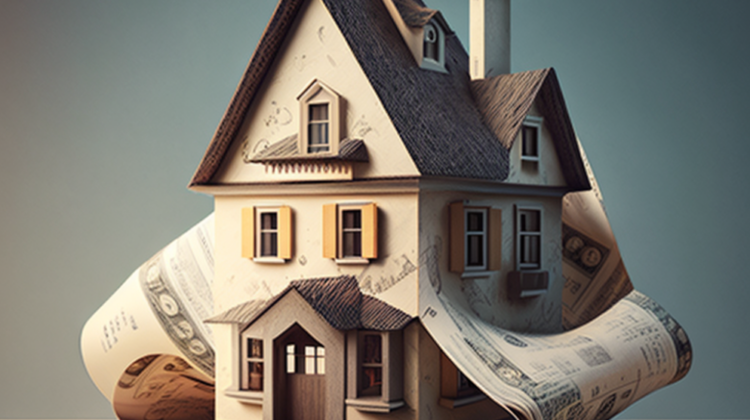
If you’re in the market to buy a home, you’ve likely heard of FHA loans. FHA loans are government-backed mortgages insured by the Federal Housing Administration (FHA). These loans are designed to help lower-income and first-time homebuyers get into homes with more flexible qualification requirements and lower down payment options.
Despite their popularity, there still needs to be more clarity surrounding FHA loans. Here are some common questions and answers to help you better understand FHA loans:
- FHA loans are accessible to all, but are specifically designed to cater to individuals with lower credit scores, limited down payment, or high debt-to-income ratios. Meeting the minimum credit score requirement of 580 is typically necessary to qualify for an FHA loan with a 3.5% down payment. In case your credit score falls below 580, you might still qualify for an FHA loan with a larger down payment.
- The loan amount one can secure with an FHA loan is contingent upon factors such as location, income, credit score, and others. Typically, the maximum loan amount for an FHA loan is between $331,760 and $822,375 in 2021, varying by location.
- What is the down payment requirement for an FHA loan? The down payment requirement for an FHA loan is as low as 3.5% of the home’s purchase price. However, you can also put down as much as 10% to lower your monthly mortgage payments.
- It is possible to purchase a fixer-upper using an FHA loan. The FHA 203(k) loan program enables borrowers to borrow money not only for the home’s purchase but also for any essential repairs or renovations.
- What are the closing costs for an FHA loan? The closing costs for an FHA loan will vary depending on the lender and the home’s location. However, they are typically higher than with a conventional loan. You can expect to pay between 2% and 5% of the purchase price in closing costs.
- The approval process for an FHA loan varies depending on the lender and the complexity of one’s financial situation. Nevertheless, most lenders typically provide a pre-approval decision within a few business days.
- Can I refinance my FHA loan? Yes, you can refinance an FHA loan through an FHA Streamline Refinance. This allows you to lower your interest rate and monthly mortgage payments without going through a complete underwriting process.
- Acquiring a second home or investment property using an FHA loan is not feasible. This is because FHA loans are solely available for primary residences, and cannot be utilized to purchase a second home or an investment property.
- Can I use gift funds for my down payment on an FHA loan? Yes, you can use gift funds for your down payment on an FHA loan. The gift must come from a family member, employer, or charitable organization, and you must provide documentation to show where the funds came from.
- What happens if I can’t make my monthly mortgage payments? If you can’t make your monthly mortgage payments on an FHA loan, contact your lender immediately to discuss your options. The FHA offers several programs to help struggling homeowners, including loan modifications and payment assistance.
FHA loans can be an excellent option for homebuyers who need more flexible qualification requirements and lower down payment options. By understanding the basics of FHA loans, you can decide whether this type of mortgage is right for you.